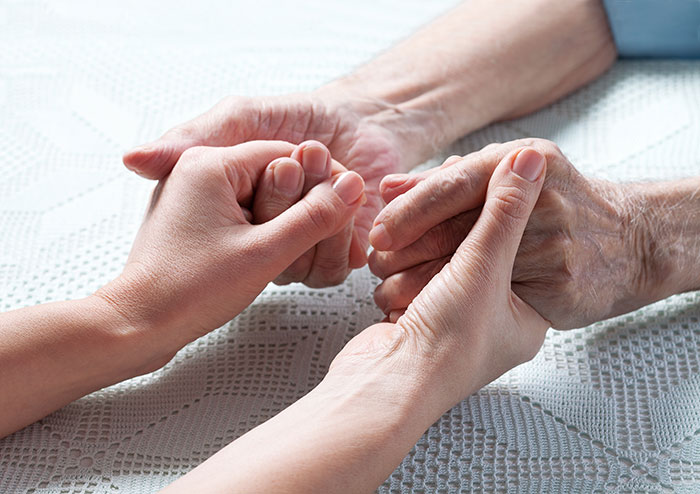Myoclonus
Myoclonus
Myoclonus is not a disease but rather a symptom that describes a sudden, involuntary jerking of muscle. Most commonly described by a shock-like, involuntary contraction, myoclonus symptoms are typically isolated to one group of muscles, but in some cases has been known spread to other parts of the body.
Hiccups, for example, is a form of myoclonus as are those sudden movements or “sleep starts” you may experience when drifting off to sleep. However, these types of myoclonus are normal and occur in healthy individuals. More persistent instances of myoclonus, however, can become painful and cause movements to distort making it impossible to conduct simple tasks such as walking, talking, and eating. These more severe instances of myoclonus are usually an indication of a more serious neurological problem such as a movement disorder and should not go untreated as they can severely impact a person’s independence and quality of life.
There are several medications that are commonly prescribed to help manage myoclonus, but because it is typically caused by a disturbance in the nervous system and involves a complex relationship between nerve cells and neurotransmitters in the brain, treatment may sometimes require a combination of medications. Understanding the underlying cause of the symptom is the key to designing a care and treatment program that will help to alleviate symptoms.
Myoclonus can develop for a number of reasons not limited to infection, spinal cord or head injury, stroke, brain tumors, and kidney or liver failure to name a few. Epilepsy and prolonged deprivation of oxygen to the brain can also cause myoclonus to occur, but it is most commonly a symptom of neurodegenerative diseases such as Parkinson’s, Alzheimer’s, multiple sclerosis, and Creutzfeldt-Jakob disease.
If you are experiencing reoccurring, involuntary muscle contraction, then you should contact a specialist. Our team of neurology and movement disorder experts work with you to first identify the underlying cause and then develop a healing program to help manage your symptoms.

Make an Appointment
There is no such thing as a one-size-fits all treatment. As such, we work closely with you to understand your unique circumstances and design care programs that fit your individual needs.
Use Telehealth
No matter where you are or what your movement disability may be, telehealth services ensure that we are always connected and able to assist you, 24/7.
